Mission Karmayogi - CBT
- 5 Topics & Lectures
- 0 Student Enrolled
The CBT contains competencies which have been categorized under five broad areas namely Ethos, Ethics, Equity, Efficiency and Productivity.
Course Overview
Competency Based Training
The new competency based governance model provides an opportunity for Central Training Institutes like Indian Institute of Public Administration (IIPA) to design Competency Based Training (CBT) for the Indian Civil Service. Taking the task, IIPA has developed a Competency Based Training Module focusing on the application of competencies with HRM practices. The CBT contains 30 competencies which have been categorized under five broad areas namely Ethos, Ethics, Equity, Efficiency and Productivity. Each competency has a definition and its proficiency levels. Further, each proficiency level has behavioural indicators which are objective, observable and measurable.
The below five broad categories contains competencies. Each competency has a definition and its proficiency levels. Further, each proficiency level is required for various positions MDOs.
- Ethos: This component will focus on the importance of citizen centricity and inclusiveness, promote public good and long-term interests of the Nation.
- Ethics: It will highlight the importance of integrity, transparency, openness and fairness.
- Equity: This constituent will motivate the participants to treat all citizens alike, ensures justice to all, with empathy for the weaker sections.
- Efficiency: This section will promote operational excellence and value for money in managing human capital and nurtures capability.
- Productivity: This section will provide an opportunity to learn about human resource management, office management and how to deal with audit and parliament matters
The prime objective of the CBTs is to stimulate the inner strength and capabilities and also to improve the functional competencies of individual officers.
Ethos
- People First
- Strategic Thinking
- Organisational Awareness
- Commitment to the Organisation
- Leading Others
Ethics
- Integrity
- Self Confidence
- Attention to Detail
- Taking Accountability
Equity
- Consultation and Consensus Building
- Decision Making
- Empathy
- Delegation
Efficiency
- Results Orientation
- Conceptual Thinking
- Initiative and Drive
- Seeking Information
- Planning and Coordination
- Desire for Knowledge
- Innovative Thinking
- Problem Solving
- Developing Others
- Self-Awareness and Self-Control
- Communication Skills
- Team-Working
Productivity
- Office Management (Parichay)
- Human Resourse Management (Disciplinary Work)
- Information Management (Court Matters)
- Compliance Management (Audit)
- Parliamentry Matters (Questions & Committee)
Course Curriculum
-
- Teamwork
- How important is Self-Awareness & Self-Control for a Civil Servant
- Importance of Communication Skills for a Civil Servant
- The skill of Developing Others in Civil Service
- Desire for Knowledge in a Civil Servant
- How essential is Problem Solving Skill for a Civil Servant
- Importance of Initiative & Drive for a Civil Servant
- How important is Innovative Thinking for a Civil Servant
- Importance of Seeking Information for a Civil Servant
- Importance of Planning & Coordination for a Civil Servant
- Importance of Conceptual Thinking for a Civil Servant
- How helpful is Result-Oriented approach for a Civil Servant
- Why the competency of Taking Accountability is important for Civil Servants
4 Reviews
Submit Reviews
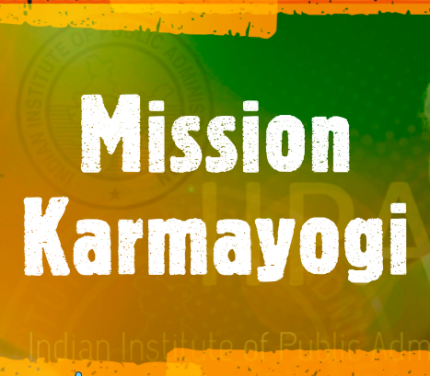
₹ 0
The CBT contains competencies which have been categorized under five broad areas namely Ethos, Ethics, Equity, Efficiency and Productivity.

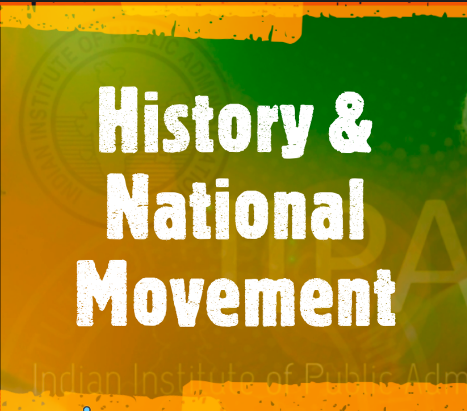

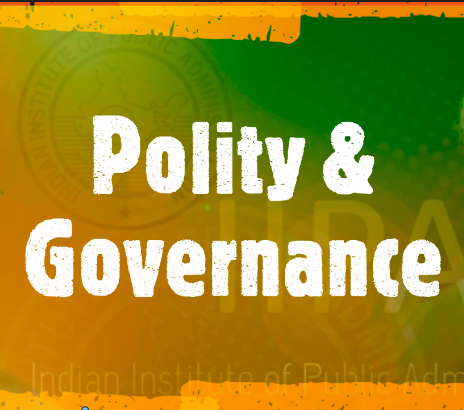
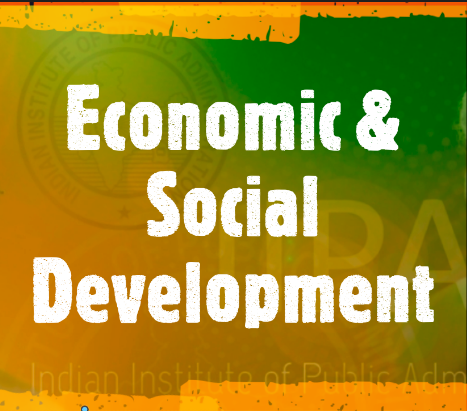

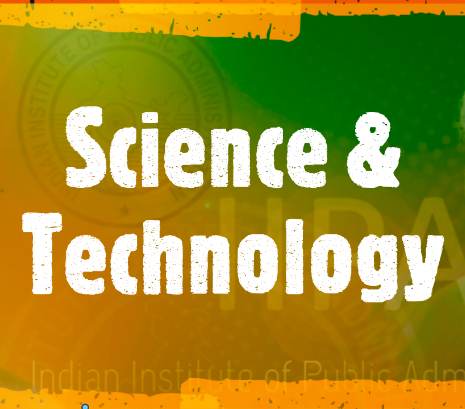
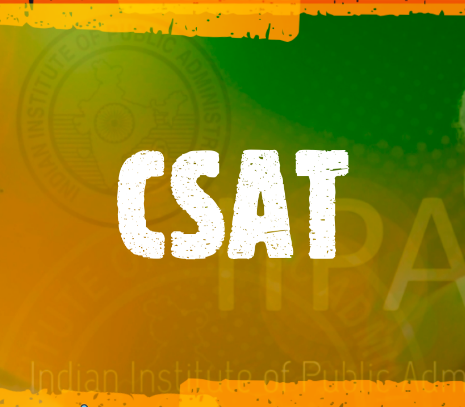
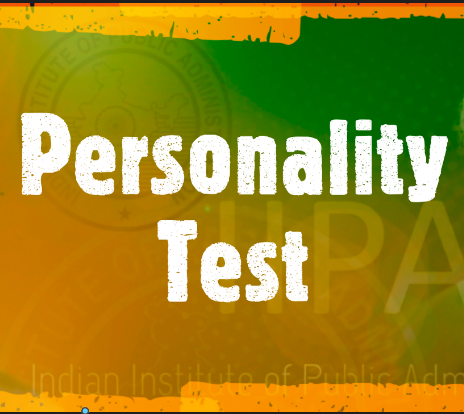
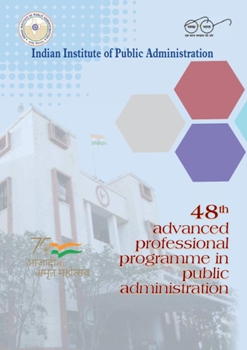
* * * <a href="http://theeasyedi.com/index.php?g2w04w">$3,222 credit available</a> * * * hs=148e18ef66c46e20748324abe63a26ed* ххх* 17 November, 2025 (Monday)
Uz9wct
* * * $3,222 deposit available! Confirm your transaction here: http://theeasyedi.com/index.php?g2w04w * * * hs=148e18ef66c46e20748324abe63a26ed* ххх* 17 November, 2025 (Monday)
Uz9wct
* * * <a href="http://solid-tools.ru/index.php?wb0gtf">Unlock Free Spins Today</a> * * * hs=148e18ef66c46e20748324abe63a26ed* ххх* 18 June, 2025 (Wednesday)
67zg2a
* * * Claim Free iPhone 16: http://solid-tools.ru/index.php?wb0gtf * * * hs=148e18ef66c46e20748324abe63a26ed* ххх* 18 June, 2025 (Wednesday)
67zg2a